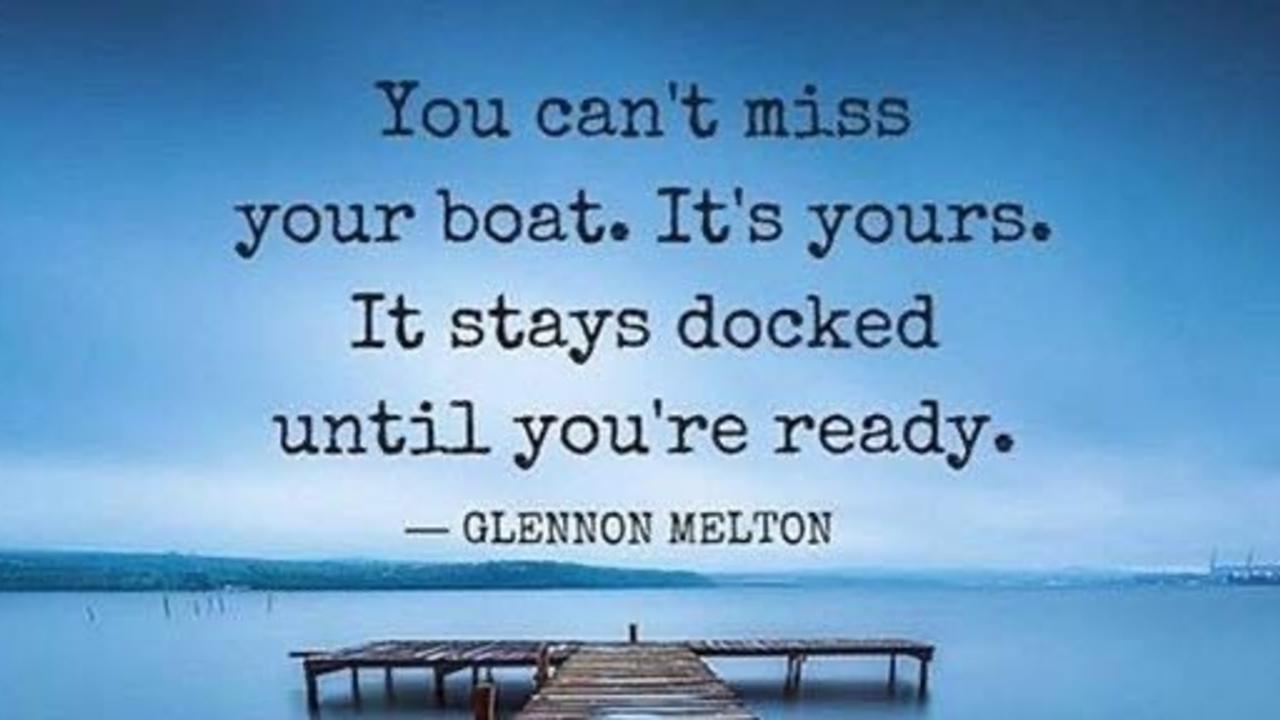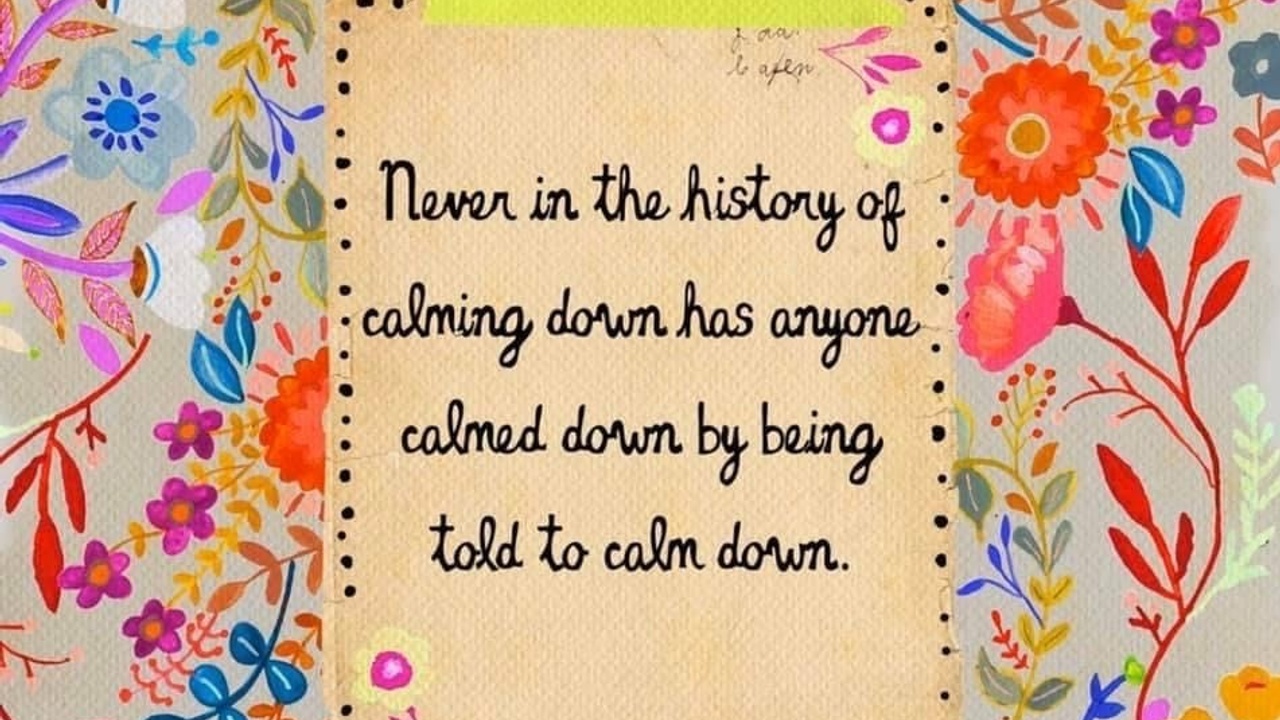When You Want to Re-enter the Workforce

If you've been out of the workforce a while and are trying to re-enter it here are a few strategies to keep in mind.
Organizations today are seeking professionals who are committed to excellence, mastery and are a good cultural fit. If you are a candidate who has been out of the workforce for any reason, here are a few recommendations to consider:
1. Don't bias yourself against yourself. If you are focused on how you are irrelevant because of not being in an active career role so will others. How have you kept your product/service knowledge up to date? What meetings have you or are you now attending? What groups or organizations are you active in? What news sources/professional association posts do you read regularly? What volunteer activities keep you current? List these things in your cover letter and resume.
2. How has your hiatus from full time employment been an opportunity for you? Have you been able to level set how to build healthy work/life integration? What mindset are you...
Culture Has Done This to You - Here's How to Undo It

Our culture imposes a sense of urgency that isn’t helpful to well-being. The internet is the worst culprit. Social media defines what we “should” look like. What we “should” feel like. What we “should” be doing. And what we “should” have.
A sense of urgency is good in a crisis. Our lives are not a crisis. You already have everything you need to look, feel, do and have what you want. Your perspective is the key. Your looks are gorgeous when you feel they are. Your soul is fulfilled when your values are aligned with your actions. Your career is rewarding when you are leading in a way that resonates with your core. And the stuff you have will make sense when it is purposeful to your personal mission.
May this year be the year you are ready to sail your boat out of the harbor and into a sea of opportunity, creativity and contentment.
If you don't know where you'll be by the end of the year you are already there. Don't have an accidental career or life. Download my free career plan and...
Just Calm Down

Telling someone who is visibly upset to "Just calm down" is like saying, “Just stop overeating” to someone who wants to lose weight. Intellectually, you know what you need to do yet your self-management skills aren’t keen enough to cease the behavior or the unresolved feeling. And quick fix advice such as “be positive” makes you feel worse because it denies the inadequacy you feel inside.
I used to be more of what could have been labeled a ‘distant’ leader. Calming down was not my issue. Relatability was.
Three things changed that for me and for my clients struggling with how to manage emotions:
1) Allow them.
2) Be curious about them.
3) Be compassionate to yourself and others.
This wasn’t a quick fix. It was a repeated practice of continually taking myself through this exercise of self discovery which lead to self acceptance.
I was a single mother and only provider of four children who was stuck in survival mode. I neglected myself as I was taking care of everyone else. I had...
Rejection Can Be Debilitating

Rejection can be debilitating. You won’t worry about how other people feel about you if you have the presence to manage yourself and your thoughts. Build a “family” of people around you that consistently reminds you how awesome you are. That tribe combats the doubt that sits idle in your head ready to undercut your self worth at any moment of rejection because you hadn’t heard often enough of your magnificence.
When They Don't Talk About It

We personalize other people’s behavior in an effort to guard against their wrath. This isn’t helpful. Your colleague’s frustration, anger, condescension or dismissiveness might be vented at you but is not rooted in you. There is nothing wrong with you because someone treats you poorly. Good people know how to communicate without making you feel small.
Try asking them this: “If we were to have a better working relationship what would that look like?” This forces them to articulate action not victimization.
Then don’t speak or interrupt. Say only, “Tell me more about that.”
Let them feel heard. DON’T defend yourself - just repeat back what you heard. In there words will be things they are likely wrong about. But let them be validated.
Ask them if they want a better working relationship with you. This is important because if they say “yes,” which they likely will, now they’ve made a commitment. Then align on at least one thing.
Behind their bad behavior is an assumption they’ve ...
Three Steps When You're Afraid

This week I had to give a presentation at work not unlike others I’ve given throughout my career, yet I was nervous. Every time I thought about it my heart started to race and I got tense in my neck and shoulders. Public speaking is one of the leading causes for workplace fear. But I speak often so my nervousness didn’t make sense. As an executive coach I know not to turn away from fear but to bring it closer like you would a hurting child. That self-nurturing was hard in this instance. But I kept getting curious about what I was really afraid of.
When I could stand open and vulnerable without judging myself, I realized I had a lot of personal distractions this week that made me feel anxious and irritable. Just the day before I had argued with an online bank customer service representative who refused to cancel a credit card they had sent to my home for my deceased father. I kept trying to convince him that this was the bank’s problem and should not be my problem. Typically, I would ...
When You Personalize Your Employees' Behavior

When I was a new manager I used to personalize why members of my team weren’t engaged. I made it about me. I was the reason they were under-performing.
I did everything in my power to re-engage them and when it didn’t work I then started to resent them for being disengaged. What I didn’t do was hold them firmly accountable to clear goals for fear of push-back and confrontation. I didn’t do my job as a manager and they became entitled.
When I set clear goals and began meeting with them regularly on their performance on those goals we began a dialogue around the challenges they were having and could role play alternative scenarios. The feedback depersonalized for me when I made it about their performance on the goals and not their attitude versus my expectations. Very objective. Them against the goal, policy, company value - not me.
Wishing you the power of regular feedback on clearly defined goals today.
Listen to a recent interview by Leadership Podcaster Frank Aziz. In this p...
Don't Waste Time on Resolutions - Do This Instead

My husband and I were sitting alone on the beach of our home on Hilton Head Island last week on Christmas eve. COVID had altered the travel plans of our six children and their families. We had decided if we were going to be alone for Christmas we'd be in a place we love. We sat there talking about how COVID has changed so much for everyone this year. I deliberately got up from my chair and snapped this photo as my commitment to moving forward with a fresh perspective. Hope is on the horizon. Though hope is not a strategy, it reminds me that it is time to plan.
Would you take a trip without a map? Of course not. So why do we think we can create a New Year’s resolution and get there just because we want to? The reason most resolutions fail is because they are simply notions centered on “getting” something and not grounded in your values - the root of what drives you. They aren’t authentic and aligned with your core.
11 Reso-YOU-tions for Results in 2021
- Set...
The Grass Is Greenest Here

It’s wise to observe ourselves just as we observe others. This is how we build self-awareness and executive presence. But when we insert judgment into the equation the sum ends up in the red. Judgment negates everything we work for. Many of my clients start out riddled with self-doubt and an inner critic that is difficult to harness. If that is you, observe the feeling and tell yourself, “Oh, that’s just me doubting myself,” as opposed to judging yourself for feeling that way. We can let go of that which we own. That which we turn away from chases us down forever.
Observe for the purpose of gathering information.
Observe as if you are watching yourself or another on TV.
Observe for the sheer purpose of allowing the truth of the situation to be evident without any editorial judgment.
Someone or something may be upsetting you. Don’t attach an assumption to it or a story that is biased.
Water the grass where you are today and stand back and watch it grow.
- If you want an acti ...
Being Alone

Our natural state is to be connected to others - not separate and detached. This is not to negate the fact that we all need alone time to recharge our energy. When we repeatedly withdraw and are alone we aren’t fulfilled. It takes courage and humility to put down our guard. It takes self-acceptance, vulnerability and abandonment of perfectionism to create an open mindset of kindness.
Leaders who are real are relatable. Leaders with executive presence aren’t artificial. Their presence isn’t a facade. They have feelings just like everyone else. They just know how not to allow emotion to cloud their judgment and affect their behavior. They notice the emotion - doubt, anger, fear, sadness - realize it is likely an assumption and let it go before it takes over. Negative assumptions sabotage our connection with others and ourselves.
As humans we have the ability to mindfully observe our thoughts, situations and emotions from a third party perspective so that we may make a conscious choice ...
